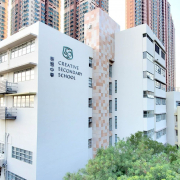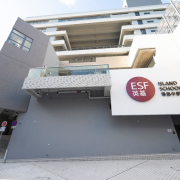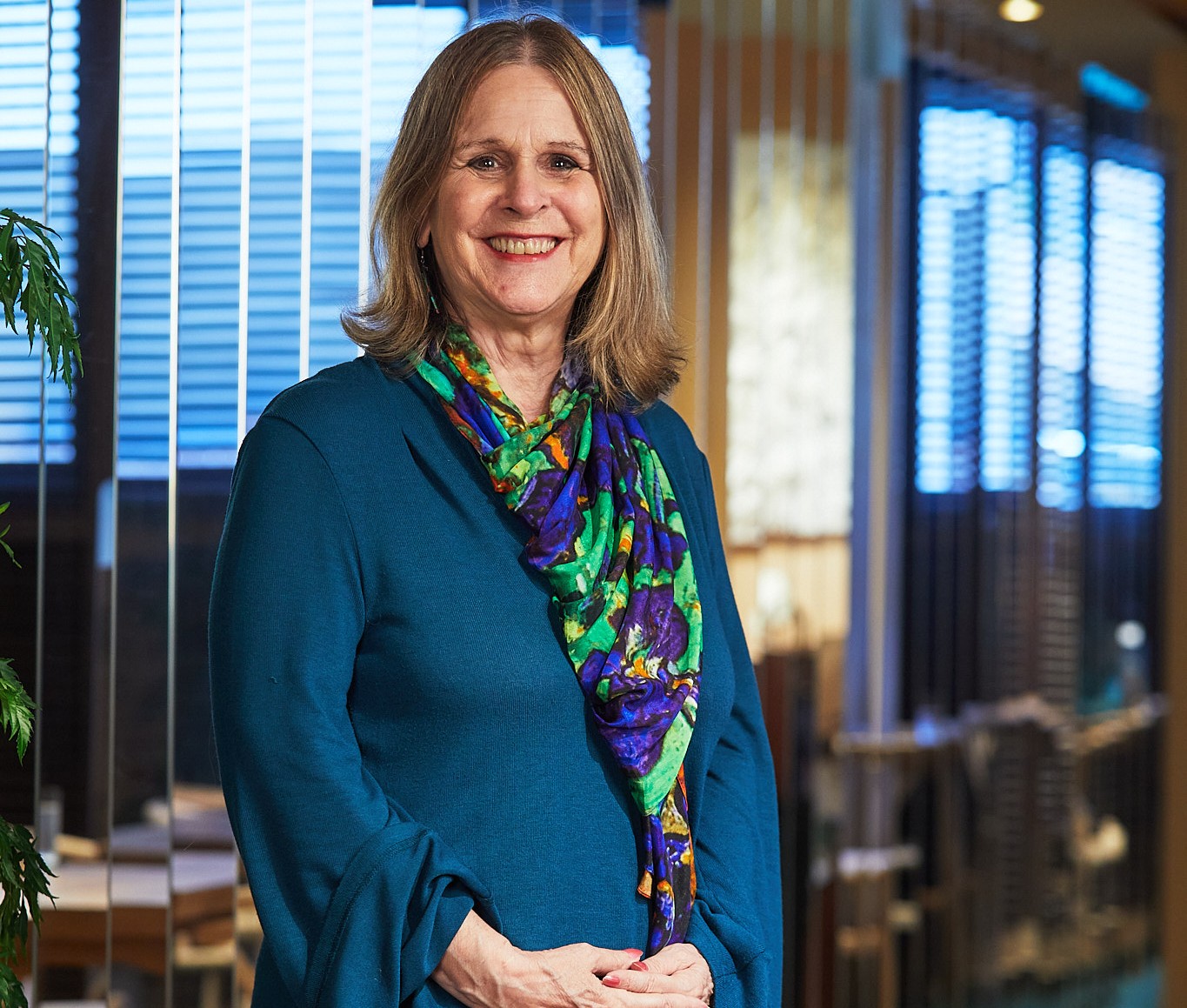
Principal’s office: Dr Jadis Blurton of The Harbour School
Dr Jadis Blurton, Head of School at The Harbour School, on experiential learning and how The Harbour School has adapted during the global pandemic.
What initially brought you to Hong Kong?
I am a Child Psychologist and also have a Master’s Degree in Gifted Education. My husband has a PhD in Science Education. When he was hired at the University of Hong Kong, I was delighted to come to Hong Kong and started a private practice to work with families, children and schools.
Read more: Hong Kong Education Awards 2021: The results are in
What is a typical day like at the school?
Like most schools, we have a timetable for our different classes at Primary level, and blocks of classes that may be traditional or cross-curricular in High School. Our difference is that teachers are encouraged to promote the values of the school (such as experiential learning, differentiated instruction, and future-conscious skills) in each class, which means that kids are engaged, active, collaborative and productive.
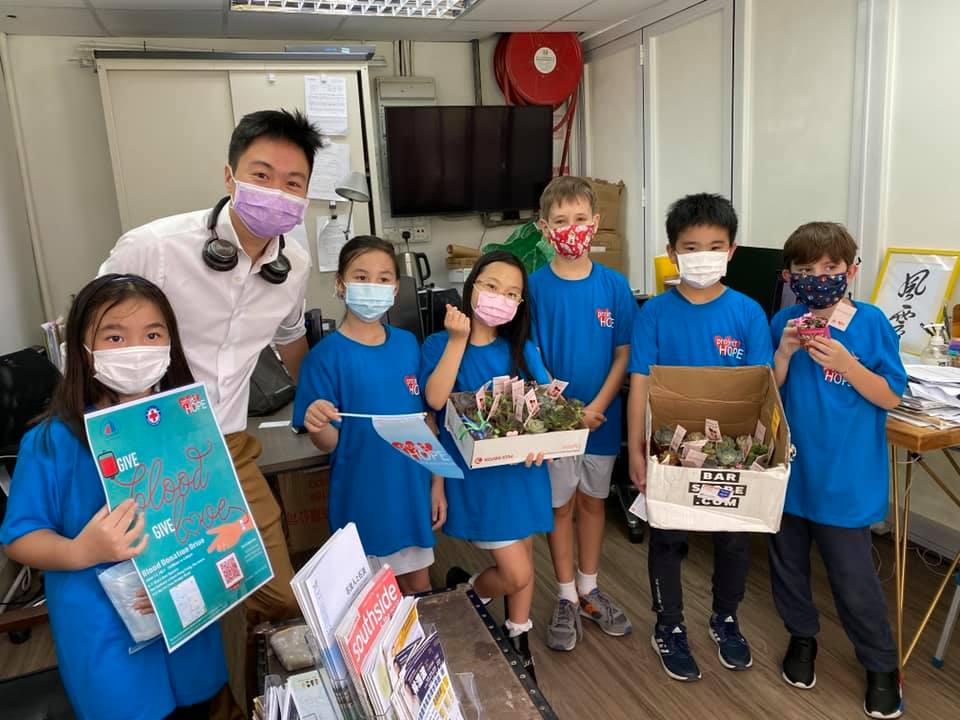
What is the teaching philosophy at The Harbour School and how do you uphold these values?
At THS, we place a strong emphasis on experiential learning and we understand that each student and teacher has different strengths, interests and goals. We focus on unlocking the best for each person. We know that learning should apply to the demands of the future, and that includes things like problem-solving, self-direction, communication, collaboration, resilience, kindness, flexibility and innovation.
Can you tell us about your Humanities and Social Sciences curriculums and technology programme?
Since we’re an experiential school, our Social Studies programme is tons of fun. In Primary School, we have re-enactments, debates and deep analysis of historical eras. At High School level, students participate in cross-curricular classes that include experts from two fields, informing both. We also have a strong social outreach component, so our students have done things like partnered with farmers in Peru to import fair trade coffee and with a charity in Kenya to design and create a school for a pediatric hospital there. Technology pervades our curriculum, but we have a “Tools not Toys” programme that basically ensures that technology is used for a purpose (making a film, designing a building, creating an app) rather than just as a pastime or chore.
Tell us more about the school facilities
Our Grove campus won the World Design Awards 2020 for interior design. It has a Marine Science Center complete with a touch-tank, a tree-house, a “river” (slide) down the hills in the library and much more. The Grove is exciting and innovative, a place where kids feel encouraged to be the same.
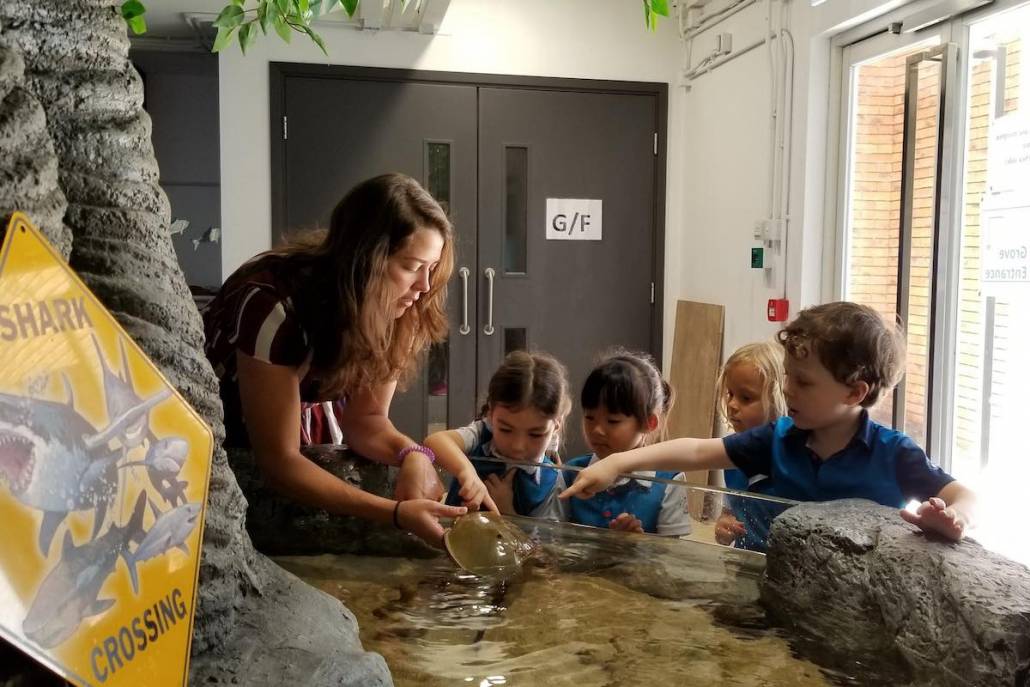
How has the school adapted during Covid-19?
We learned from the pandemic that not only can we flexibly respond to a crisis, but also many skills that we can carry forward to the future. We have learned to have “Zoom” Talent Shows, online Sports Week and even iPad robots for distant students. I think our strength in responding to the pandemic was that we perceived it as a creative challenge and a workshop on resilience.


